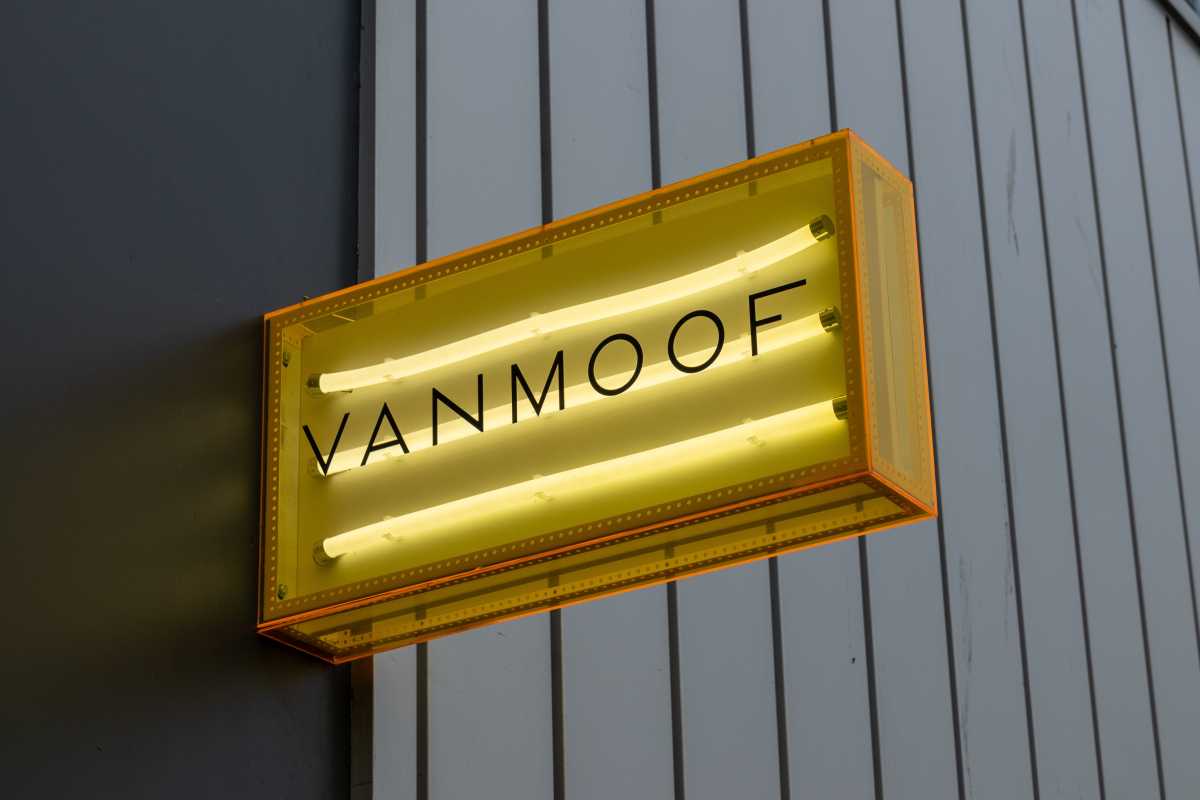Bankruptcy, new customer limit and the next bubble
We hope you had a good day and now we want to give you some exciting information to take with you into the evening. t3n Daily is also available as a newsletter. Here are the topics of the day.
There have been rumors of bankruptcy for some time, now the e-bike manufacturer Vanmoof has been declared bankrupt. The bankruptcy currently only affects the Dutch Vanmoof stores.
The company recently initiated a moratorium on payments, which was overseen by court-appointed insolvency administrators. The two trustees are now examining the situation at Vanmoof and considering possible ways of restarting. One possible option is to sell assets to a third party to continue business operations. This would allow the business to be taken over without taking responsibility for the outstanding debt.
Although the e-bike maker was only recently granted a two-month cooling off period to protect Vanmoof from creditors, the bankruptcy decision came surprisingly quickly. This suggests that the court recognized that the company had already exhausted all available funds and had exhausted all financing and sale options.
The Bafin is extending the “money laundering measures” against N26 and is sticking to the new customer limit. According to the German financial supervisory authority, the Berlin neobank continues to have problems in the fight against money laundering. As early as May 2021, the bank was reprimanded for defects. Since November 2021, N26 has also only been allowed to accept 50,000 new customers per month. A special auditor was appointed to monitor progress in the fight against money laundering.
The Bafin calls on N26 to take appropriate measures to ensure proper business organization. The suspicion reporting system in particular is criticized. N26 emphasizes that it has invested in money laundering prevention and wants to implement Bafin’s plan “to eliminate the outstanding issues”.
Researchers at the Fraunhofer Institute, in cooperation with the Altech Group, have developed an innovative battery that offers numerous advantages over conventional lithium-ion batteries. The decisive difference: The required materials are easily and locally available. The base of the batteries is made of common salt, while the tube is made of ceramic. Both materials are light, inexpensive and, unlike rare earths such as lithium, cobalt, graphite and copper, are easy to obtain.
Also, unlike lithium batteries, there is no risk of fire, making them safe to use indoors. The batteries use a ceramic tube to carry sodium ions, resulting in zero leakage. This gives them a lifespan of at least 15 years. Conventional batteries only last seven to ten years on average. Production is scheduled to begin soon; the construction of a new plant is planned for 2024.
“I call it the ‘dot AI’ bubble, and it hasn’t even started yet” – Stability AI CEO Emad Mostaque warns of a possible AI bubble that could become the biggest ever. Although his company is itself active in the field of generative AI, he sees risks and opportunities for companies and compares the situation to the dot-com bubble. Generative AI capable of writing text and creating images is currently in the focus of business.
While Mostaque emphasizes the enormous opportunities in the AI industry, he also warns companies of the consequences that can arise if they do not use the technology appropriately. As an example, Mostaque cited Google, whose AI chatbot Bard misrepresented information during the first presentation, costing the company $100 billion in a single day.
The future will tell if the AI industry actually grows into a bubble, but one thing is certain: AI is already having a massive impact on the economy.
Monty Python’s “Life of Brian” humorously shows how one should always see the positive in life, even in difficult situations. The motto “good vibes only” often applies in companies as well. But not all employees share this attitude. In a crisis, you shouldn’t just set an example of “toxic positivity”. Our author Andreas Weck thinks there should also be room for negative emotions. “You can sometimes find something shitty,” he says.
The superficial question “Everything cool?” is not enough to capture the mood of the crisis. Because true resilience doesn’t mean seeing everything as cool. Resilience means developing positively despite difficulties. It’s about accepting challenges and dealing with them honestly. Empathetic managers are needed to listen to concerns and fears and to point out perspectives. That’s good leadership. It’s okay to question the “good vibes only” every now and then. In a crisis, what counts is: “Honest vibes only, good vibes soon”.
That’s it for the t3n daily. You can find much more about all aspects of digital life, working life and the future around the clock at t3n.de.



